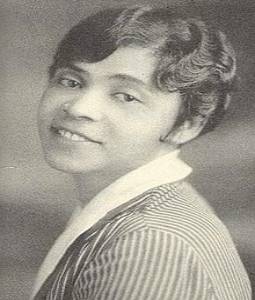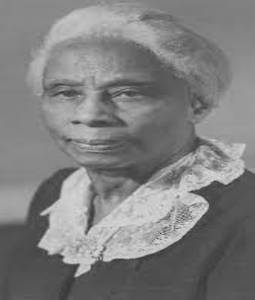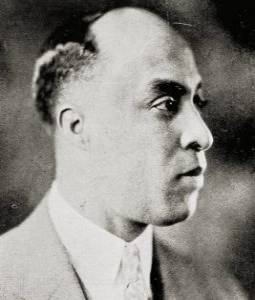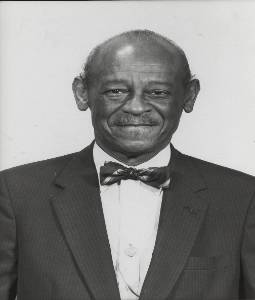About Black History Month
The efforts and great accomplishments of Black individuals (referred to also as African Americans) have not always been acknowledged and/or publicly disseminated. In 1915, historian Carter G. Woodson, co-founded the Association for the Study of Negro Life and History. Several years later in 1926, amidst numerous challenges, and continually working to have the efforts of Black individuals accepted publicly, the association declared the second week of February to be formally referred to as “Negro History Week” in the United States of America. The selection of this particular week was intentional, as it included the birthdates of Frederick Douglass (an abolitionist who advocated for the freeing of slaves), and Abraham Lincoln (a former president who led the United States during the Civil War). Approximately 50 years later in 1976, then President Gerald Ford extended the week long recognition to include the entire month of February. Black History Month honors all Black individuals from all historical periods (past & present). It is important to note that Black History Month is also referred to as African American History Month as well.
A descendent of grandparents who escaped slavery, Thyra J. Edwards grew up in Houston, Texas, where she began her career as a teacher. Eventually she moved to Gary, Indiana, and later to Chicago where she was employed as a social worker. Edwards would then become a world lecturer, journalist, labor organizer, women’s rights advocate and civil rights activist all before her 40th birthday. By 1944 Edwards was heralded as one of the most outstanding Black women in the world.
Biography courtesy of NASW.org
Born the same year as the Emancipation Proclamation, Fernandis founded the first Black settlement house in the United States. The house offered free healthcare, food at affordable prices, childcare and other social services in Washington, D.C. Fernandis also organized the Women’s Cooperative Civic League in Baltimore that worked to improve sanitation and health conditions in Black neighborhoods. In 1920 she became the first Black social worker employed by the Baltimore Health Department. Fernandis continued to organize social welfare and public health activities in segregated Black communities into her retirement, opening a National Youth Administration office for housing homeless young women.
Biography courtesy of The New Living Deal Project
Lawrence Augustus Oxley was born in Boston and later served in the U.S. Army, rising to the rank of first lieutenant during World War I. After the war, Oxley began a career in public service, eventually becoming the director of the North Carolina Board of Charities and Public Welfare’s Program for Black Americans from 1925 to 1933. He later became a high-ranking official in the U.S. Department of Labor and a member of President Roosevelt’s “Black Cabinet”, a group of Black leaders in federal government who advised the president on issues important to the Black community.
Biography courtesy of BlackPast.org.
The Reverend I. DeQuincey Newman was one of South Carolina’s most important leaders. He worked to bring peace and social justice to the state and the nation, leading the South Carolina NAACP through the turbulent 1960s. In 1983 he became the first Black state senator since Reconstruction (1886). He served as executive assistant to the Commissioner of the SC Department of Social Service from 1972-1974 and was named Director of the Rural Regional Coordination Demonstration Project in the Office of the Governor. His contributions to social justice and civil rights have been commemorated in numerous ways, including the creation of the Newman Institute and an endowed professorship in his name at the USC College of Social Work .




